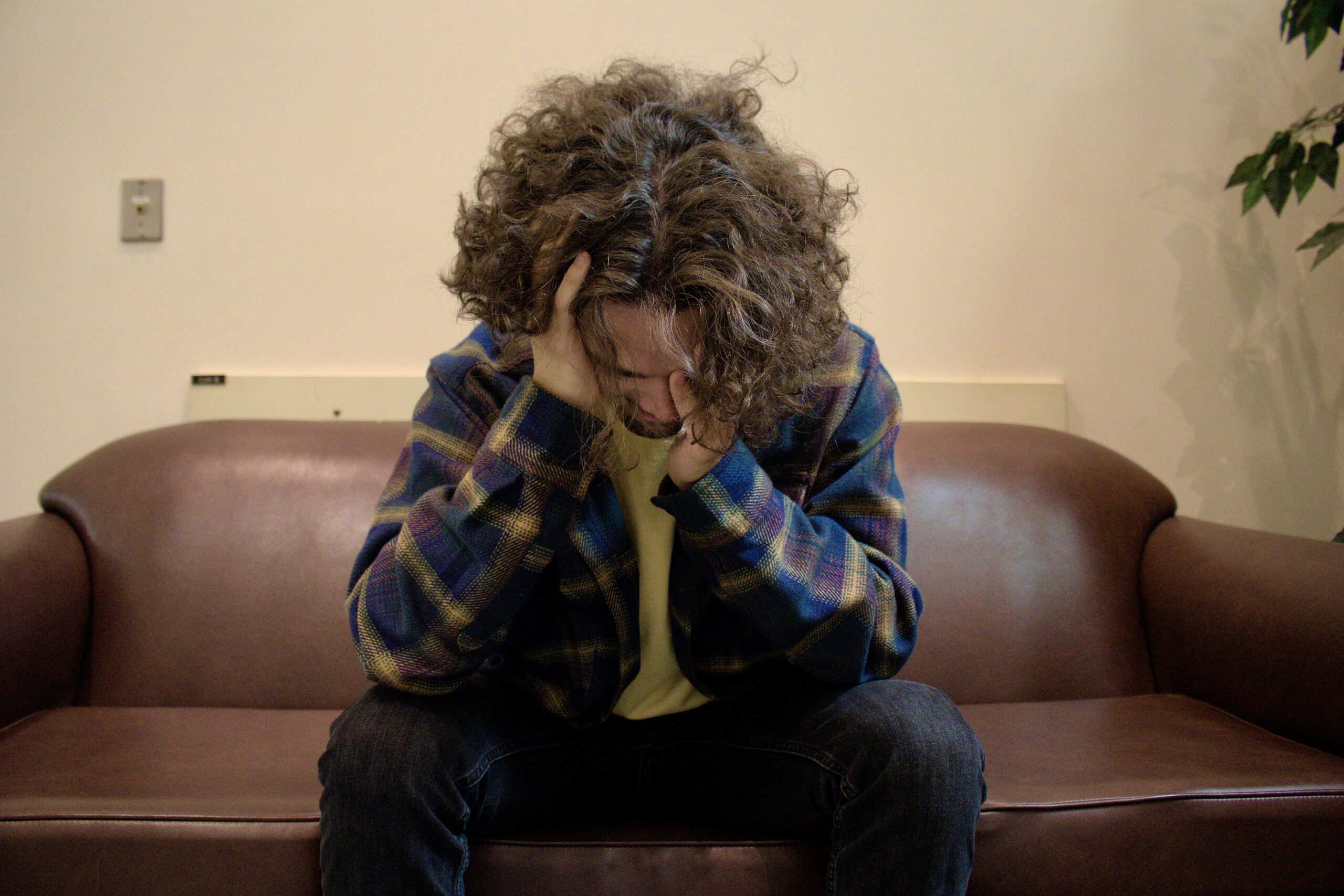The Office of Diversity and Inclusion (ODI) held a talk on men’s mental health on Wednesday at the University of Maine. The event was held in the Multicultural Student Center and was an open discussion on men’s relationship with mental health and how participants can better understand and help their friends and male loved ones.
Jon Guzman and Casper Cowan, ODI student leaders, Director Anila Karunakar and Coordinator Taylor Matthew Ashley ran the event. The purpose of this event was to have an open discussion about what men’s mental health means to the individual and how both men and women can help to impact it positively.
A topic discussed at length was the mental health struggles of men in the LGBTQ+ community. Men who identify as other than cisgender or heterosexual are reported to have significantly higher rates of depression, anxiety and suicidal thoughts than other male-identifying persons. This is due in part to the intersectional stigma surrounding the ideology of traditional masculinity compounded with homophobia. This can be exacerbated when religion and culture are also important aspects of the person’s life.
“As a society we have a secular idea of what a man should be,” Guzman remarked at the opening of the talk, “And that all ties into the societal and cultural norms of what it means to be a man [and] having to be strong, having to not cry, having to hold in those emotions and not being able to express them. I think that is very representative of why a lot of men have mental illness because we are supposed to be strong. We are supposed to be the man of the house per-se. We feel obligated to do what we can’t do. We need to feel like we have a space where we will not be judged but heard and seen.”
Another topic covered was the relationships between a man and his male friends. The dynamic between these two has the potential to either positively impact their mental health or serve to perpetuate a lack of support among men when it comes to their shared experiences and struggles. These relationships are especially impactful when applied to men’s relationships with their “father figures.”
“A really big topic when we talk about masculinity and how that is representative in our society as a whole are these father-son dynamics,” Cowan remarked, “Within western culture we don’t have these deep emotional bonds with our fathers that we necessarily have with our mothers or with other figures in our lives. There is a huge emotional disconnect between fathers and sons, which I think really leads to this idea that boys don’t cry and emotions are weak or something to be ashamed of. This leads to isolation, alienation and low self-worth, which plays a huge part into the statistics surrounding men’s mental health.”
Men’s mental health is a topic that often gets neglected worldwide. While the statistics surrounding this topic are murky due to a lack of reporting, thanks to the stigma surrounding men seeking help, there are a few things currently known.
The five most common mental illnesses men tend to suffer from include depression, bipolar disorder, psychosis, schizophrenia and eating disorders. The suicide rate for men in America has been steadily rising since 2000 when suicide was the seventh leading cause of death in adult men. More than four times the amount of men die by suicide in comparison to women, and men tend to use more deadly forms of suicide, such as death by a firearm or hanging, whereas women tend to use pills or cutting.
While mental health affects everyone to a certain extent, there are specific male demographics that are more prone to mental health struggles. This includes gay and bisexual men, veterans and those struggling with substance abuse issues.
If you or someone you know on campus is in crisis, you are encouraged to call the UMaine Counseling Center at (+1)-207-581-1392 or the 988 Suicide Crisis hotline.








